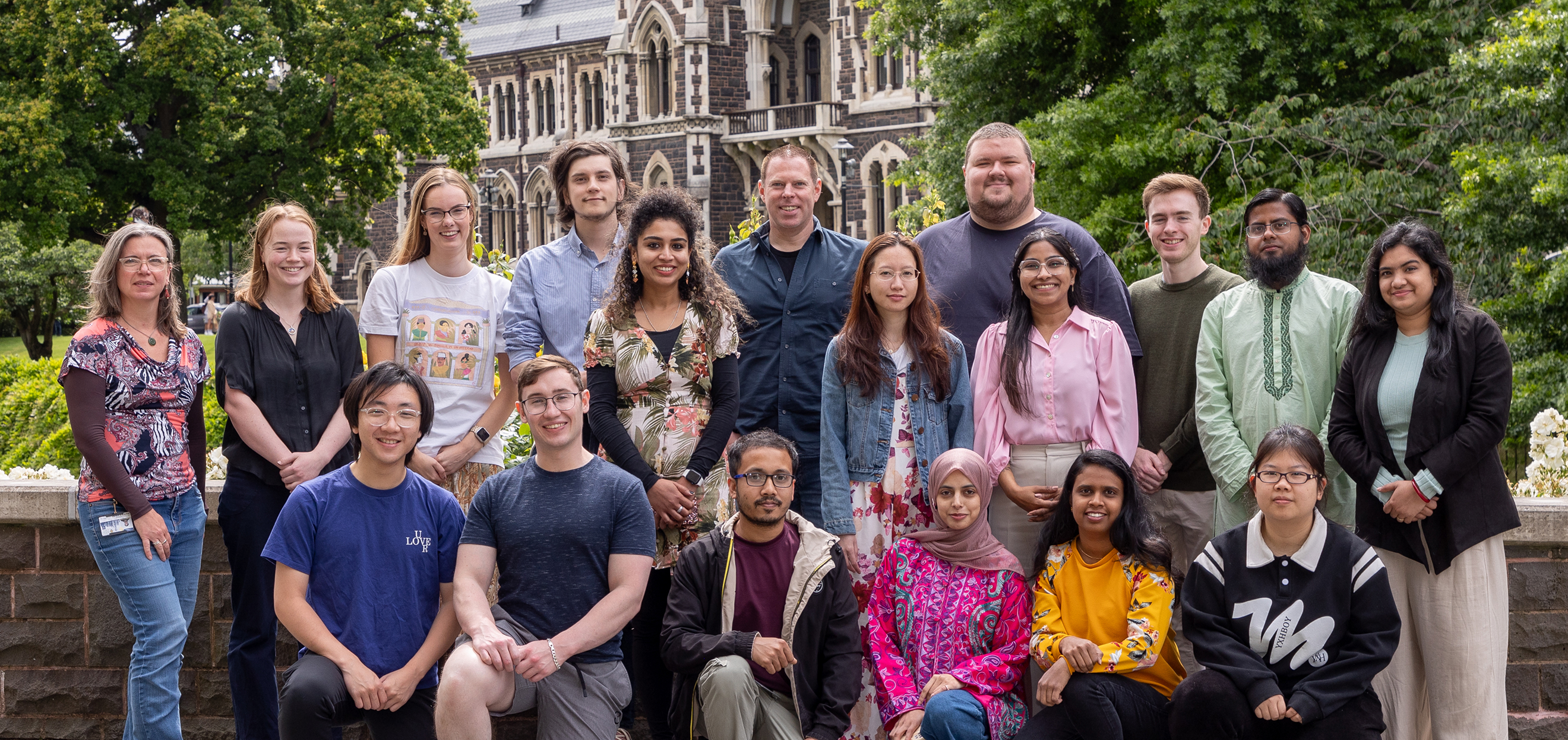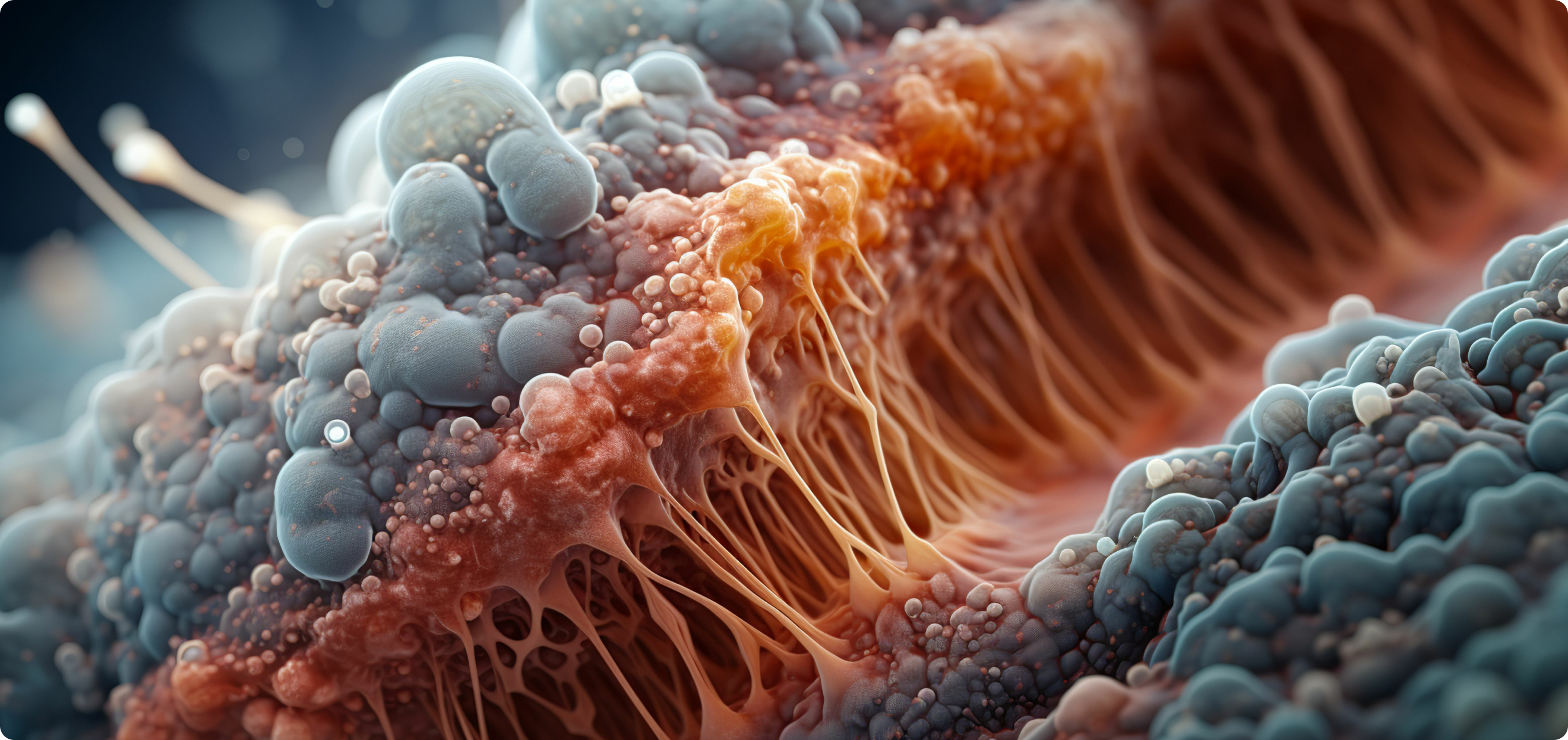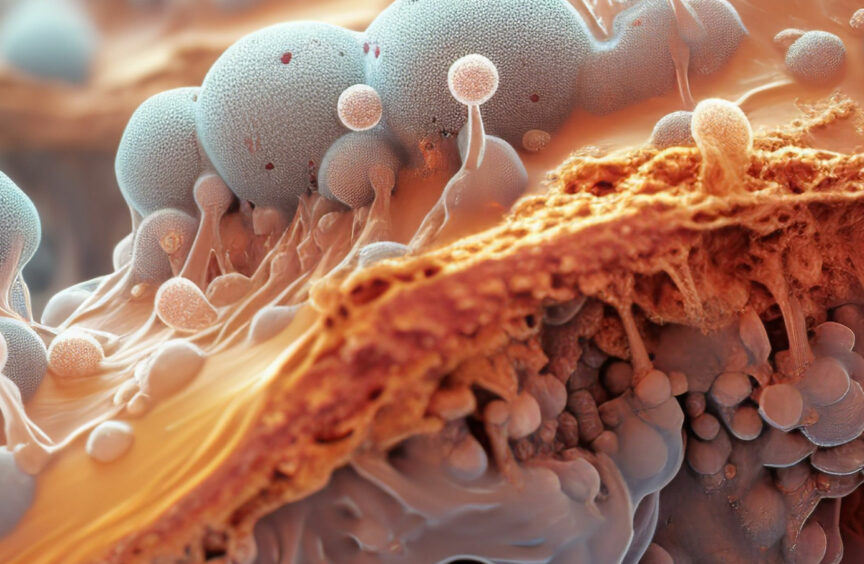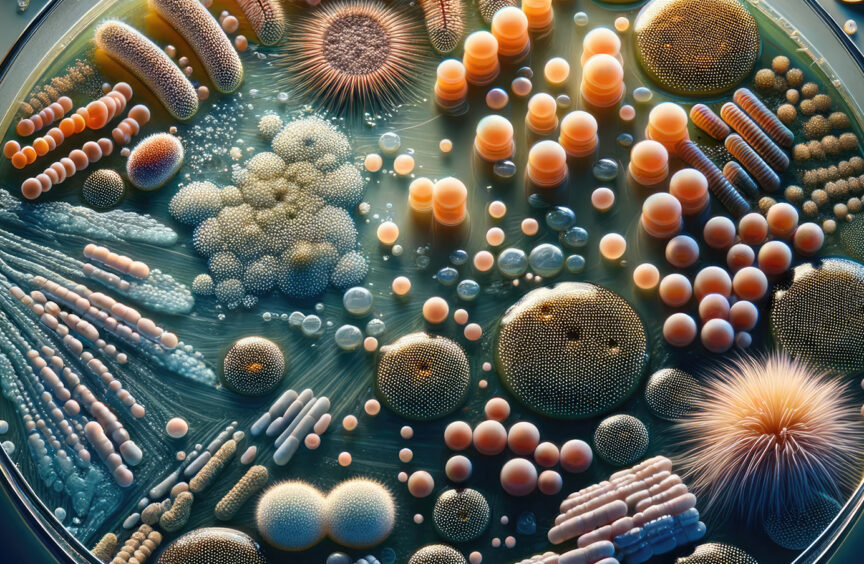Antibiotics have revolutionized medicine, saving countless lives from bacterial infections. However, a major challenge has emerged: bacterial biofilms – highly structured microbial communities wrapped in protective layers. These biofilms play…
Read More
Antibiotics have revolutionized medicine, saving countless lives from bacterial infections. However, a major challenge has emerged: bacterial biofilms – highly structured microbial communities wrapped in protective layers. These biofilms play a key role in chronic infections, such as those found in the lungs of people with cystic fibrosis.
Bacteria within biofilms can survive antibiotic concentrations up to 1,000 times higher than those that kill free-floating (planktonic) bacteria. This phenomenon, known as antibiotic tolerance, makes biofilm-associated infections exceptionally hard to treat and represents a growing threat in the fight against antimicrobial resistance.
Currently, there are no effective treatments that specifically target biofilm-associated infections. The problem becomes even more complex when multiple bacterial species form polymicrobial biofilms, interacting within shared environments and altering how infections behave and respond to therapy.
Our research focuses on unraveling the biology of polymicrobial biofilms – how they form, persist, and resist drugs. By understanding these processes, we aim to identify new strategies to disrupt biofilm resilience and develop next-generation antimicrobial treatments.
This work is part of our broader mission to tackle one of modern medicine’s most urgent challenges: overcoming biofilm-driven antibiotic resistance and building a more sustainable future for infection control.
CLOSE









